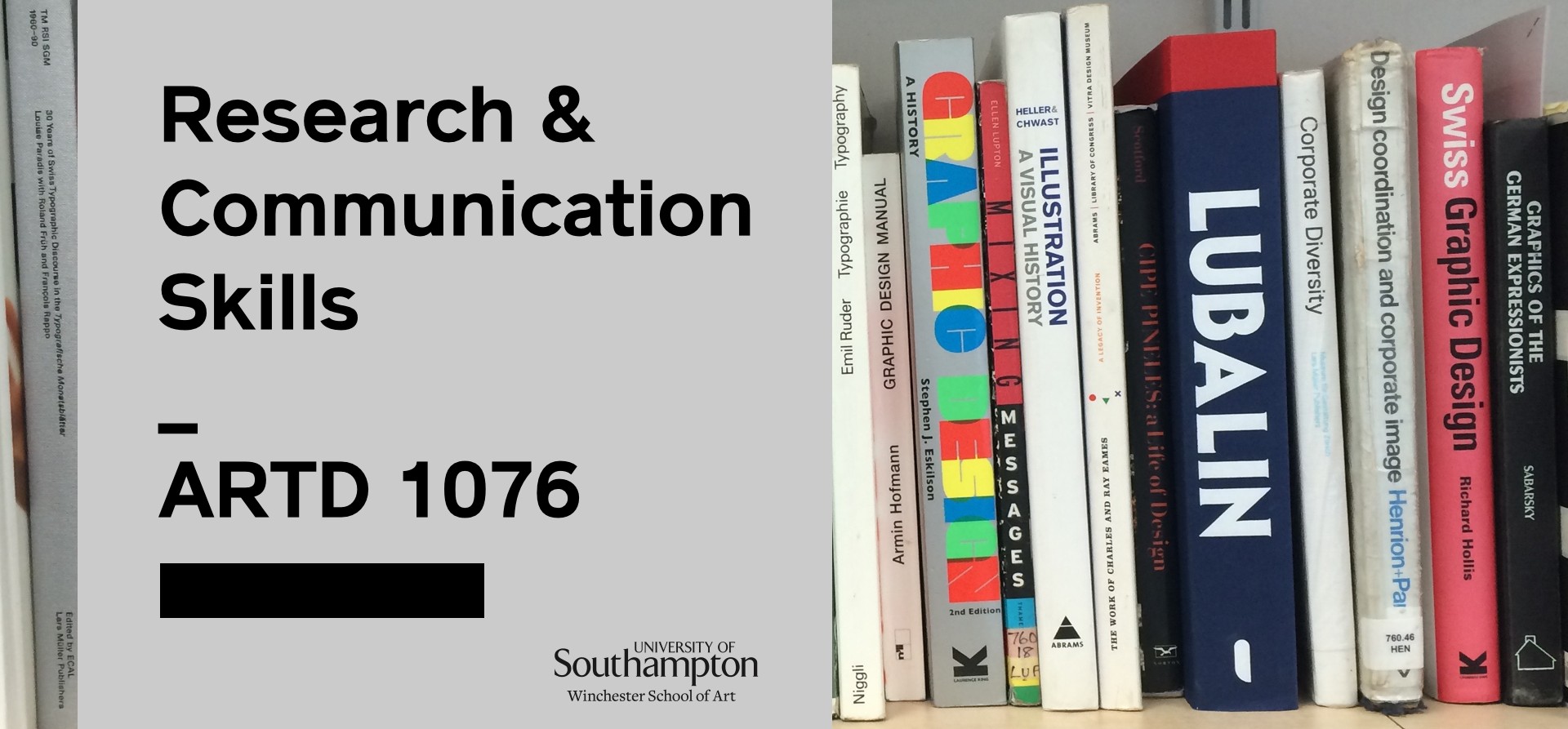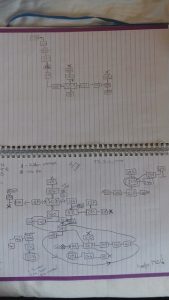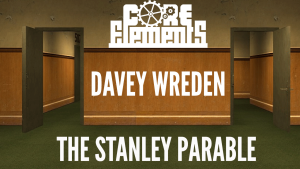> A) choose one of the game books or text adventures that interested you and play through. Reflect upon the experience as a current gamer?
Picking up ‘The Warlock of Firetop Mountain for the first time bought an eager excitement to light within me. I could tell from the artwork, the founders of Games Workshop, Steve Jackson and Ian Livingstone knew about fantasy and would take me on a thoughtful journey. The book then speaks to YOU. YOU are highlighted as the key element to this adventure YOU are about to undertake. A guide for new players and reminds experienced players which way to head for the Hero set-up. The set-up is clever as to use chance to decide attributes, so a new play through is a new experience. The Hero set-up made me think about contemporary games and character customisations and how this was just an early foundation for these game features.
What surprises me, is how the setting of this world is described without huge detail, yet allows the imagination to run and makes it more personal. Whilst playing, the choices that you are given reminds me a lot about The Stanley Parable, giving me a choice of where to go immediately from the beginning. This absorbed me in very quickly, providing me with a frustrated fun for two, maybe three hours whilst being lost within a maze. What’s more, I ended up drawing out a map where I had been, physically immersing me into this world. Comparing this to modern video games, gave me a fresh new outlook on the possibilities behind interactive narrative in games.
> B) select one of the contemporary game writers and explain what is innovative about their use of interactive narratives?
One game that stands out to me with the most interesting interactive narrative for one to respond to is The Stanley Parable as mentioned previously. The game was originally developed as a Mod for Half Life 2 and later became a standalone game, which was the brain child of Davey Wreden. It was this newly formed Modder who began to question the attributes of the way narrative in video games have been written, realising that there have been many limitations within the interaction for video games. Wreden, when interviewed he explains how, without blaming anybody in the industry particularly, the AAA videos games tend to assume on how the players will react, built upon the current industry practices. It was this realisation on the assumptions when developing video games, that allowed Wreden to design something with a question to make the player take a second to think, not just play on through. “I just had an idea for a kind of game that broke player expectations, that delivered a familiar experience in a new way.” (Shack News, 2011)
For me, when playing this game, I felt a sudden moment of… freshness. It was the first time as a ‘gamer’ I had ever felt this way about the game. After the intro and build up, the narrator is telling you what you are supposed to do and where to go. Then you come to a room with two open doors, the narrator continues to tell you to go through the left door, yet you are free to enter the right. I thank Wreden’s innovation to think..“The very first thing I asked with the game was “what would happen if you could disobey the narrator?”” (Shack News, 2011)
References
https://www.vice.com/en_uk/article/bndz94/steve-jackson-ian-livingstone-283-v16n12
https://www.wired.com/2015/10/the-beginners-guide/
http://thestanleyparable.wikia.com/wiki/Davey_Wreden
https://en.wikipedia.org/wiki/The_Stanley_Parable#cite_note-rps-4
https://player.fm/series/core-elements/ce-51-davey-wreden
Bibliography
Elements, C., 2013. CE 51: Davey Wreden. [Online]
Available at: https://player.fm/series/core-elements/ce-51-davey-wreden
[Accessed 25 10 2017].
Fighting Fantasy, 2017. Home. [Online]
Available at: http://www.fightingfantasy.com/
[Accessed 24 10 2017].
Shack News, 2011. Interview: The Stanley Parable developer Davey Wreden. [Online]
Available at: http://www.shacknews.com/article/70363/interview-davey-wreden-on-stanley-parable-remake-and-self-taught
[Accessed 25 10 2017].




